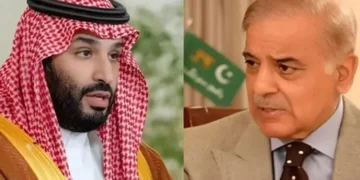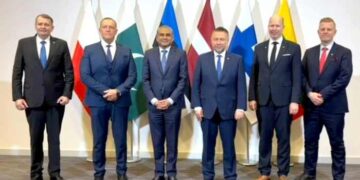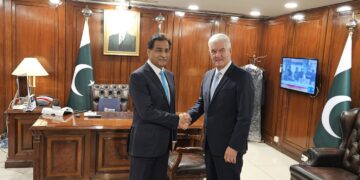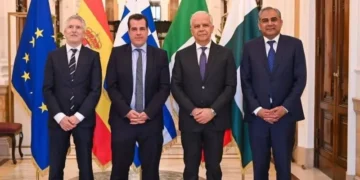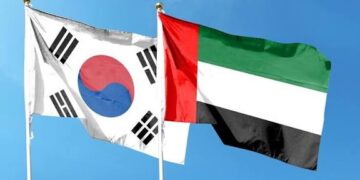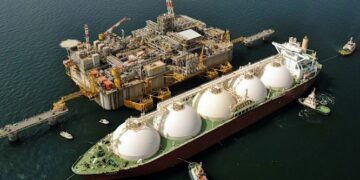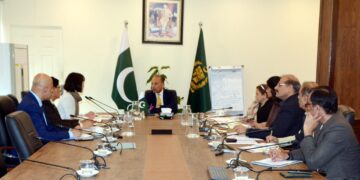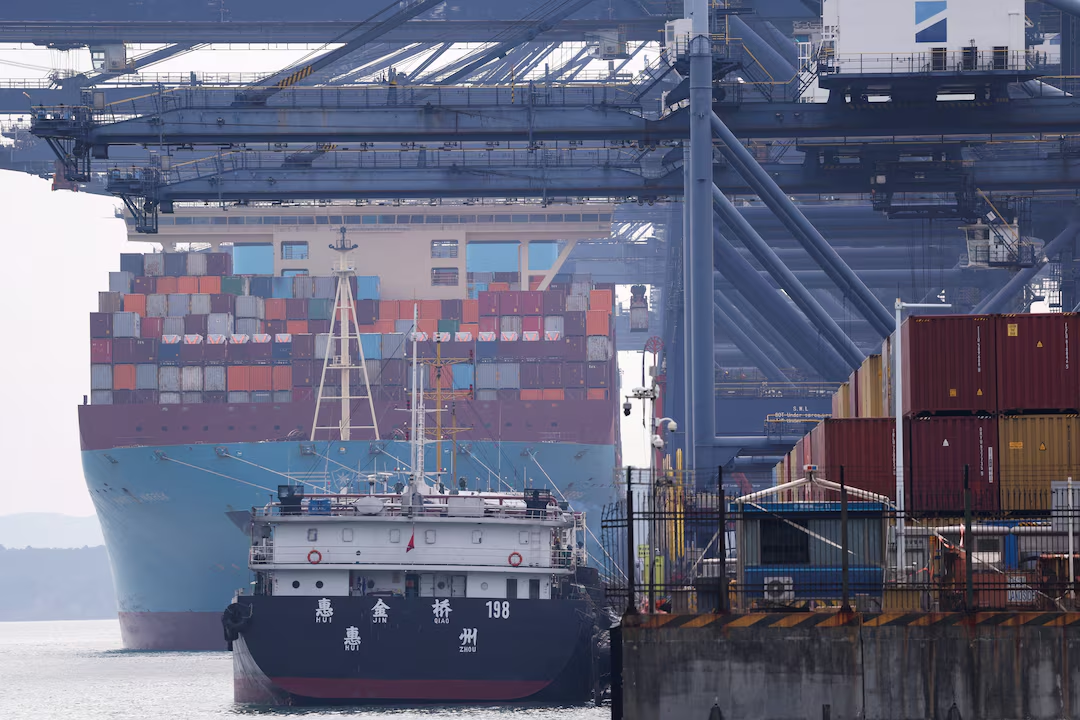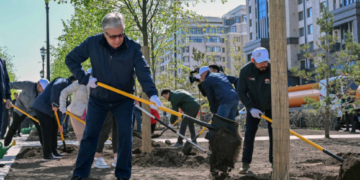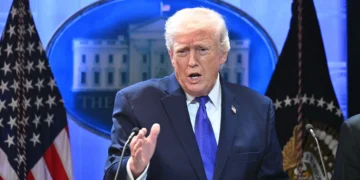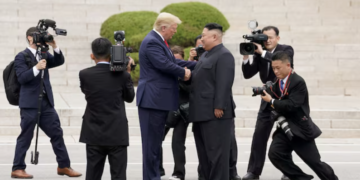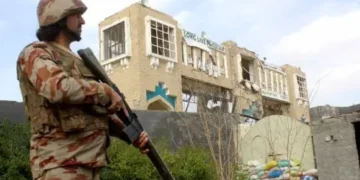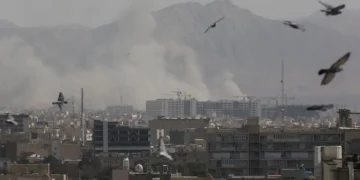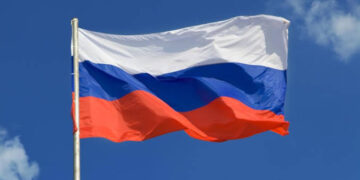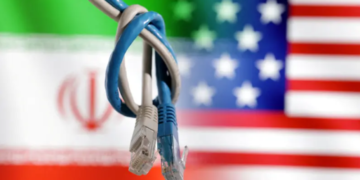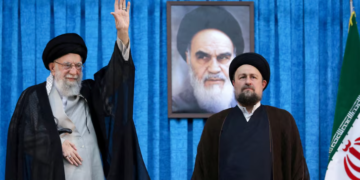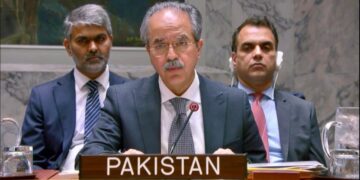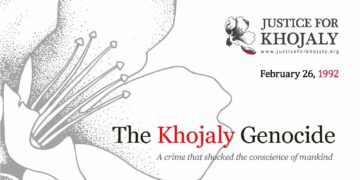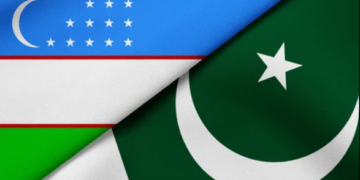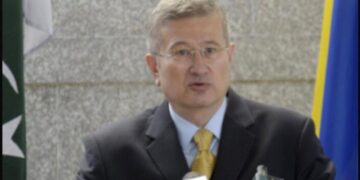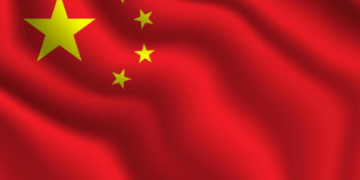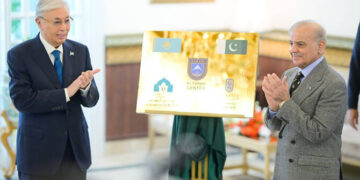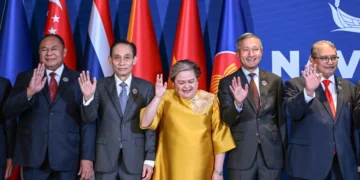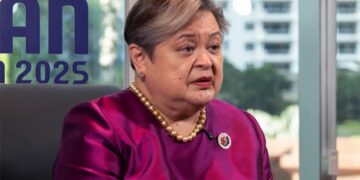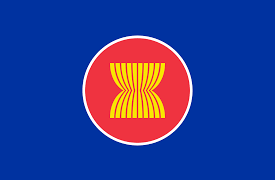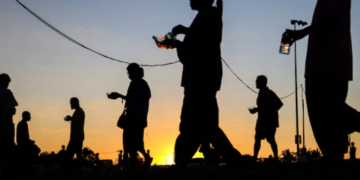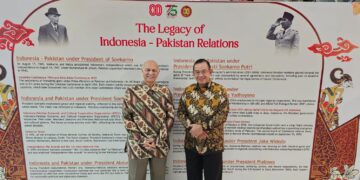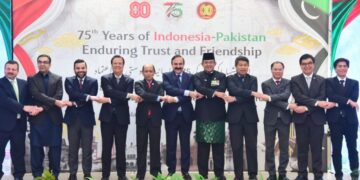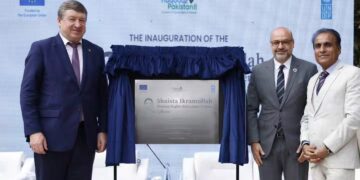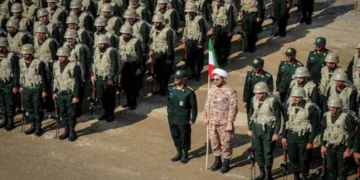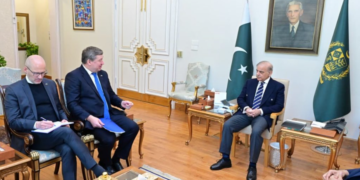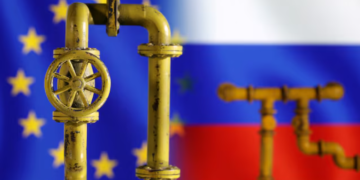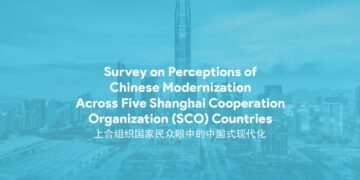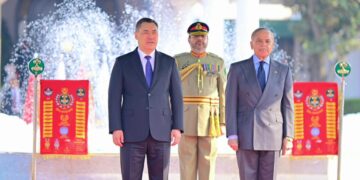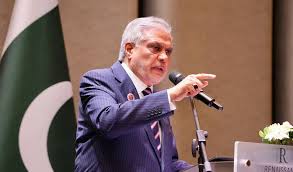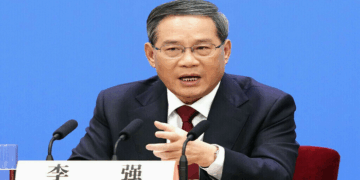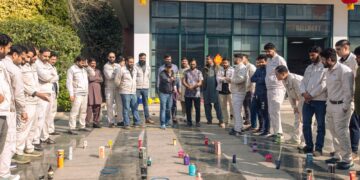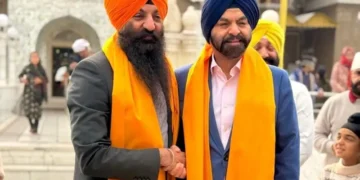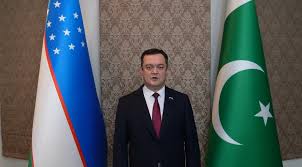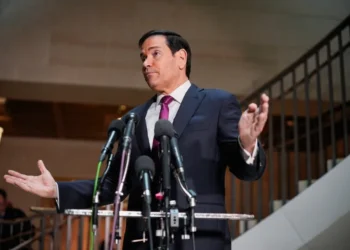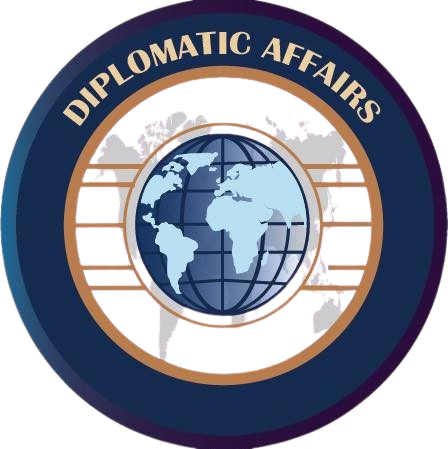ISLAMABAD: The Embassy of Uzbekistan in Pakistan hosted a reception to mark the 34th anniversary of Uzbekistan’s Independence, attended by Federal Minister for Railways Muhammad Hanif Abbasi, diplomats, and distinguished guests.
Addressing the gathering, the Ambassador of Uzbekistan underscored the significance of Independence, describing it as the realization of the Uzbek people’s dream to live freely under their national flag. He highlighted the country’s remarkable economic progress under President Shavkat Mirziyoyev, noting that Uzbekistan’s GDP had doubled within eight years, reaching $115 billion last year and expected to surpass $130 billion in 2025. Exports now stand at $26 billion, while foreign exchange reserves have crossed $48 billion.
The envoy said Uzbekistan had attracted $130 billion in foreign investment over recent years, with $35 billion in 2025 alone creating nearly 9,000 new enterprises. “On the eve of Independence Day, 79 major projects worth $4 billion were launched as a gift to our people,” he remarked. He added that small and medium enterprises now employ more than 10 million people, while 700,000 expatriates have returned to Uzbekistan due to improved opportunities.
Tourism is also booming, with 10 million visitors recorded last year. By 2030, Uzbekistan aims to increase renewable energy to 54% and attract an additional $35 billion investment. Industrial output has surged from $29 billion in 2017 to $70 billion today.
Touching on sports, the Ambassador proudly recalled Uzbekistan’s football team’s historic qualification for the World Cup.
Turning to bilateral ties, he said Pakistan and Uzbekistan share centuries-old cultural and spiritual bonds. He termed Prime Minister Shehbaz Sharif’s visit to Tashkent earlier this year a milestone, leading to the establishment of a High Council of Strategic Partnership. He emphasized the importance of the Trans-Afghan Railway and noted that bilateral trade reached $404 million in 2024, with efforts underway to boost it to $2 billion.
The envoy also welcomed stronger people-to-people exchanges, including direct flights, cultural events, and simplified visa regimes.

